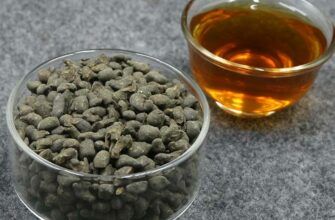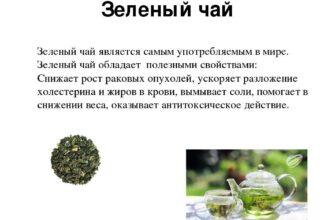A long-term study conducted in the Netherlands by the National Institute for Public Health and the Environment found and analyzed the relationship between regular black tea consumption and reduced risk of stroke. The researchers analyzed data on the health benefits of foods high in flavonoids, phytonutrients with antioxidant properties.
The study involved 552 people (men) over the age of 15 years. The researchers concluded that the flavonoids in black tea help reduce the production of LDL, the “bad” cholesterol. It can lead to stroke and heart attacks. In addition, men who drank more than four cups of black tea a day had a significantly lower risk of stroke than men who drank only two to three cups a day.
A separate study by Dr. Joseph Wit at the Boston School of Medicine confirmed these results. For four months, sixty-six people drank four cups of black tea or placebo daily. Dr. Vita came to the conclusion that drinking black tea can help correct the malfunctioning of blood vessels, which can lead to a stroke or heart attack. In addition, improvement in the functioning of blood vessels was noticeable as early as two hours after drinking one cup of tea.
A study of more than 3,000 adults in Saudi Arabia - where black tea is preferred over green tea - found that regular consumption of the beverage can reduce the risk of coronary heart disease by fifty percent.
The effect of black tea on diabetes
Natural chemicals found in black tea can mimic the effects of insulin in the body and help protect us from diabetes, according to a study by scientists from the University of Dundee and the Scottish Crop Research Institute, published in The Cell. "It's certainly very interesting how these natural components of black tea can have a positive effect on diabetes and other diseases," says lead researcher Graham Rena.
Scientists have found that various compounds found in black tea have the same effect on the protein "foxos" (foxos) as insulin.
"Phoxos was previously thought to underlie the link between nutrition and well-being in a wide variety of organisms, including mice, worms and fruit flies," said Rena. "Now the challenge is to see if we can translate this data into something useful for human health."
Recently, there have been many studies proving the benefits of green tea. However, much less attention has been paid to black tea.
"In some studies, black tea consumption has been associated with lower rates of heart disease and cancer, but the reasons for this association are not entirely clear," the researchers wrote. “With the exception of water, tea is the most popular beverage worldwide, but despite this, not much is known about the biological properties of polyphenols in natural conditions.”
The World Health Organization estimates that more than 350 million people worldwide will have diabetes by 2030.
But Rena cautioned that the results of the current study should not force people to stop taking their medications and drink black tea instead.
"People shouldn't drink huge amounts of black tea thinking it will cure their diabetes," he said. “We are still far from solving the problem, but new treatments and dietary recommendations are emerging every day.”
Black tea inhibits the growth of bacteria in the mouth
Christine Wu is Professor of Periodontology, University of Illinois at Chicago, Department of Dentistry. She and her colleagues found that chemical compounds in black tea, called tea polyphenols, inhibit the growth of bacteria in the mouth.
Black tea can help fight enamel decay and prevent gum disease. The drink prevents the growth of harmful bacteria in the mouth. They are what form plaque, explains Christine Wu.
Tea polyphenols also deactivate an enzyme produced by bacteria, thereby preventing the formation of matrix material. It is with its help that plaque adheres to the surface of the teeth. In addition, the size and stickiness of plaque is reduced. This is because some bacteria, when exposed to black tea, lose their ability to form bonding agents with other bacteria.
Plaque is made up of over 300 types of bacteria embedded in chemical and biological matrices that adhere to the tooth surface. Bacteria in plaque dissolve sugar to produce acid, which leads to the formation of cavities on the surface of the teeth.
Plaque causes inflammation of the gums and is the leading cause of tooth loss in adults. One study included several trials in which volunteers rinsed their mouths with black tea at different times. Those who rinsed their mouths with black tea for one minute 10 times a day had less plaque on their teeth.
The other group rinsed their mouth once a day for 30 seconds, and this rinse had no effect. “Drinking black tea will help reduce enamel cavities and prevent periodontal disease. But this is only possible if you correctly distribute the intervals of tea consumption and maintain oral hygiene.” Wu says.
Read more:





